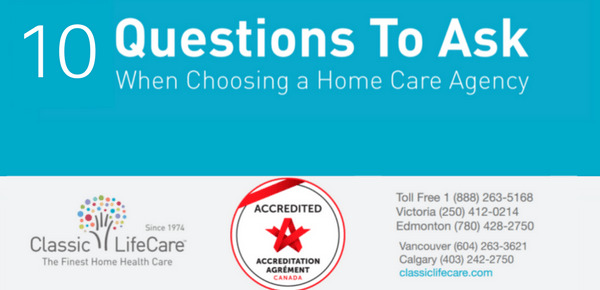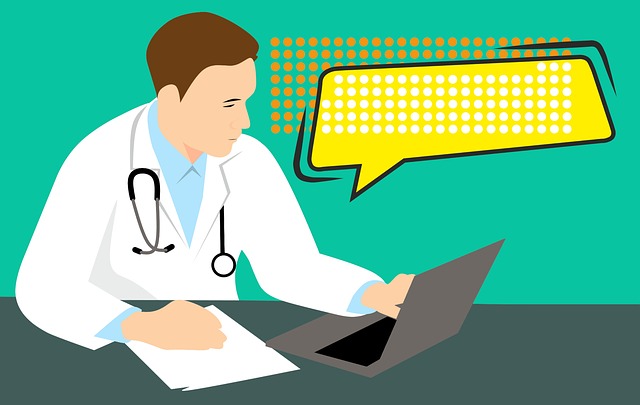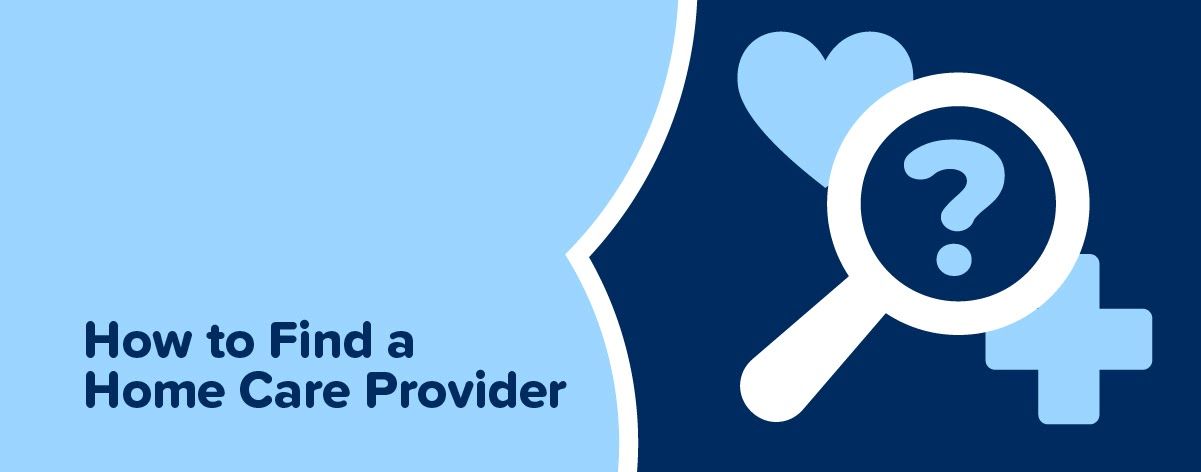
You might be wondering if there is a way to detect dementia in someone you love or yourself. There are many different tests that can assess cognitive, memory and attention functions. These tests can be done by a doctor. They will allow your doctor to determine if your loved one is suffering from dementia symptoms. These tests may also help your doctor rule other medical conditions, such as anaemia and vitamin deficiency.
The Mini-Mental State Examination is one of the most commonly used tests to diagnose dementia. It consists of 11 cognitive tests that assess memory, thinking and other aspects. This test is available at your doctor's offices. Your specific medical condition may require you to have more detailed tests performed. A specialist will assess you in the same manner that a general practitioner would, but they will be more detailed.
A doctor may also conduct blood and urine tests to detect nutritional deficiencies or other conditions. Precivity AD tests will check for any changes in blood amyloid protein levels. Those who have this protein in their blood are at a higher risk for Alzheimer's disease.

Brain imaging techniques can also help to identify brain tumors, blood clots and structural changes. Certain scans might also reveal brain tissue loss patterns, which can indicate the possibility of strokes or vascular disease.
Patients with memory and thinking problems can now be evaluated using blood tests. These tests should be performed in a controlled setting and cannot yet be standardized. However, more research is needed before they are routinely used at medical clinics.
An extensive review of your family and medical history can reveal clues about your risk for dementia. Your physician will ask you several questions about current health, recent illness, and your daily routine during your examination. To help assess your ability recall and process information, the physician may ask you to perform mental exercises.
Additionally to these tests, your doctor may refer you for further evaluation to a memory care clinic and/or specialist. Although it can be frightening to visit a specialist, this will give you a thorough evaluation of your condition. You may be asked to take additional tests, such as the 7-minute screen (7MS). This screening test aims to detect mild cognitive impairment early. You should have it accompanied with other testing so that your physician can make an accurate diagnosis.

Do not delay in seeking treatment if you or your loved one experience any symptoms of dementia. Many new treatments are currently being developed for dementia. Physical therapy and medication can help improve your quality of life.
FAQ
What are the various health care services available?
Patients should be aware of the fact that they have 24/7 access to high-quality healthcare. We can help you, whether you have an urgent need or a routine checkup.
There are many types of appointments available, including outpatient and emergency procedures, walk-ins, same day surgery, same-day surgeries, and emergency department visits. Home care visits are also available for patients who live away from our clinic. If you do not feel at ease in our office, you can be referred to your nearest hospital.
Our team includes pharmacists, dentists and nurses who all work together to provide excellent patient service. We strive to make every visit as simple and painless for our patients.
How can we improve our health care system?
We can improve our healthcare system by ensuring that everyone has access to high-quality health care, regardless where they live or how much insurance they have.
All children should receive the recommended vaccinations so that they do not get diseases like rubella, measles or mumps.
We must continue our efforts to lower the cost and make sure it remains available for everyone.
What does the "health care” term mean?
The delivery of services that promote good mental and physical health is called health care.
What does "public health" actually mean?
Public Health refers to the preservation and enhancement of the health status of the community. It includes preventing disease, injury and disability, encouraging good health practices, providing adequate nutrition, and controlling communicable diseases and environmental hazards.
What are your thoughts on the most pressing public health issues?
Many people have problems with obesity, diabetes, heart disease and cancer. These conditions lead to more deaths every year than AIDS or car crashes. Poor diet, inactivity, and smoking all contribute to high blood pressure and stroke, asthma, arthritis and other conditions.
Statistics
- Over the first twenty-five years of this transformation, government contributions to healthcare expenditures have dropped from 36% to 15%, with the burden of managing this decrease falling largely on patients. (en.wikipedia.org)
- The health share of the Gross domestic product (GDP) is expected to continue its upward trend, reaching 19.9 percent of GDP by 2025. (en.wikipedia.org)
- Price Increases, Aging Push Sector To 20 Percent Of Economy". (en.wikipedia.org)
- Healthcare Occupations PRINTER-FRIENDLY Employment in healthcare occupations is projected to grow 16 percent from 2020 to 2030, much faster than the average for all occupations, adding about 2.6 million new jobs. (bls.gov)
- The healthcare sector is one of the largest and most complex in the U.S. economy, accounting for 18% of gross domestic product (GDP) in 2020.1 (investopedia.com)
External Links
How To
What are the key segments in the Healthcare Industry?
The key segments of healthcare include pharmaceuticals, diagnostics biotechnology, therapeutics, diagnosis, biotechnology and medical equipment.
These medical devices include blood pressure monitors and defibrillators as well as stethoscopes and ultrasound machines. These devices are often used to diagnose, treat, or prevent diseases.
Pharmaceuticals are medicines prescribed to relieve symptoms or treat disease. Some examples include antihistamines and antibiotics.
Diagnostics can be performed by laboratories to detect illness, injury, or other conditions. These include blood tests, urine samples and CT scans.
Biotechnology refers to using living organisms (such as bacteria) to produce useful substances that can be applied to human beings. Some examples include insulin, vaccines, and enzymes.
Therapeutics are treatments administered to humans to treat disease or relieve symptoms. These therapies can include drugs or radiation therapy.
The computer software programs called health information technology help doctors and their teams to manage patient records. It allows them to track the medications being taken, their timing, and if they are functioning properly.
Medical equipment is anything used to diagnose, treat, or monitor conditions or illnesses. Dialysis machines, pacemakers and ventilators are just a few examples.